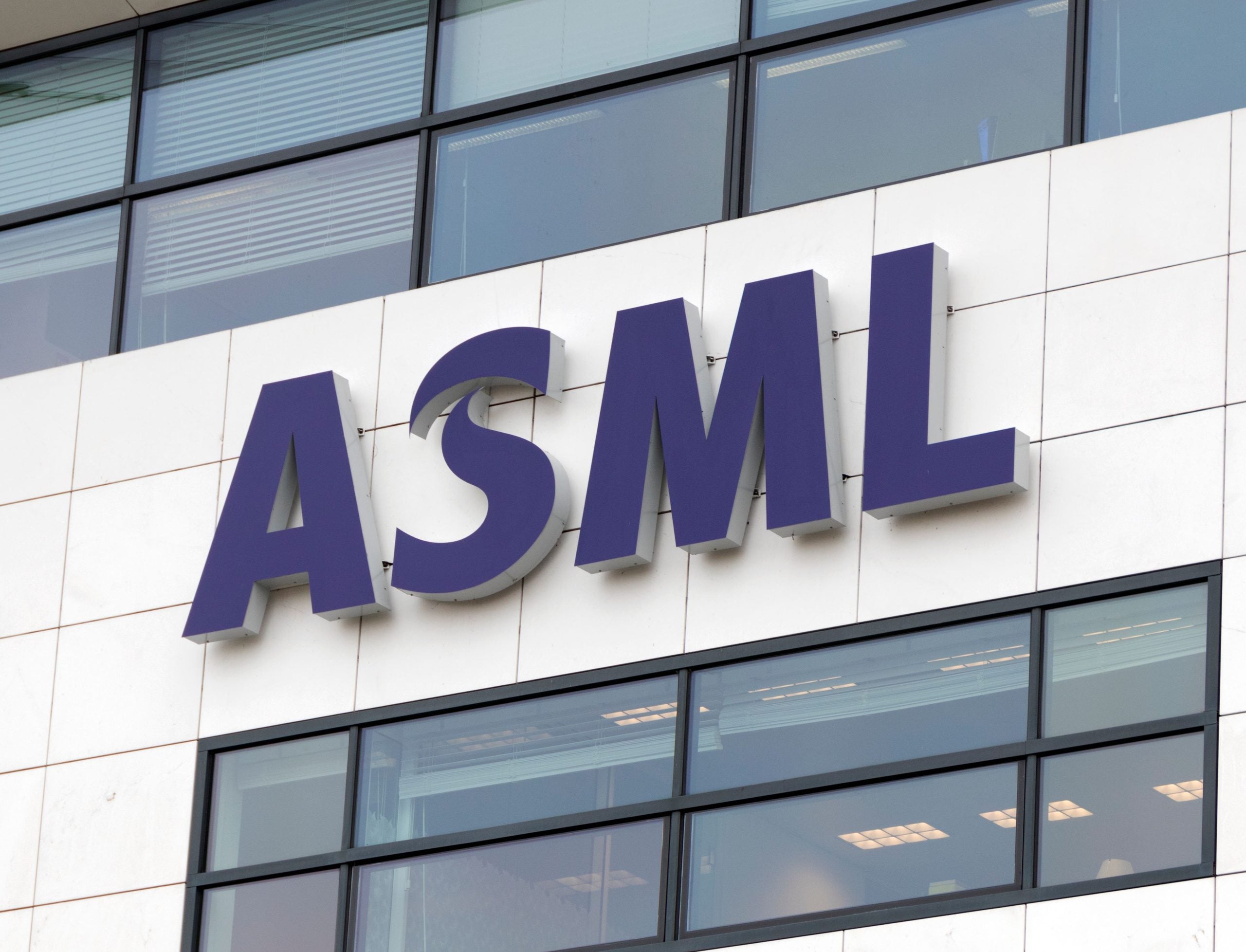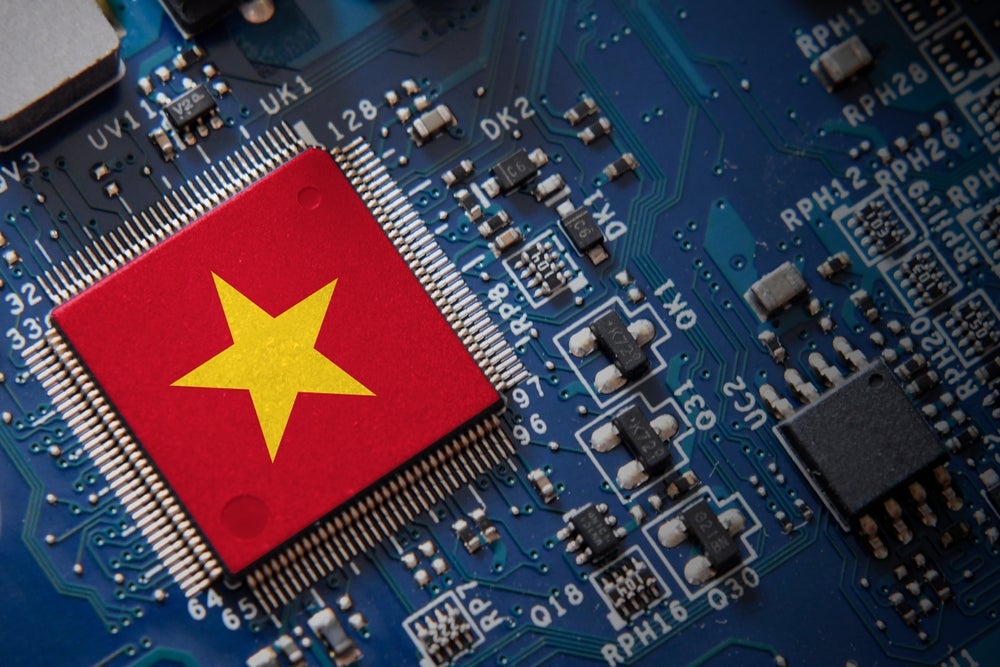
One of the world’s most important semiconductor companies, ASML, saw bookings plummet in the third quarter of this year by 42% to $2.6bn amid a semiconductor sector downturn, the company said in a statement on Wednesday.
ASML specialises in photolithography machines, used to produce computer chips. It is the largest supplier for the semiconductor industry and the only supplier in the world of extreme ultraviolet lithography used to manufacture the most advanced chips.
The Semiconductor Industry Association reported in April 2023 that worldwide chip sales were down 21.6% year-on-year. The sector is facing a combination of low-end-use demand and inventory accumulation from the 2021 semiconductor shortage.
ASML’s largest customer, TSMC also saw a decline of 11% in the third quarter of 2023, Bloomberg reported.
Overtaking Taiwan, China is now ASML largest market as the country rushes to develop chips domestically ahead of the US impending export controls and for greater supply chain independence.
The US Commerce Department announced last month that it had issued its final rules to prohibit semiconductor manufacturing subsidies being used by China and other countries deemed as a national security threat.
How well do you really know your competitors?
Access the most comprehensive Company Profiles on the market, powered by GlobalData. Save hours of research. Gain competitive edge.

Thank you!
Your download email will arrive shortly
Not ready to buy yet? Download a free sample
We are confident about the unique quality of our Company Profiles. However, we want you to make the most beneficial decision for your business, so we offer a free sample that you can download by submitting the below form
By GlobalDataASML is currently banned by the US from selling its advanced chip manufacturing equipment to China, with President Biden collaborating with the Dutch government in August 2023 to prohibit ASML from selling UV lithography machines to China without a licence.
The regulations signalled a final hurdle for Biden’s CHIPS Act, which will be offering $39bn in subsidies for the production of semiconductors to boost manufacturing.
According to data from research firm GlobalData’s semiconductor deals database, China’s semiconductor industry has seen large investments partially spurred on by Beijing’s chip subsidies worth at least $150bn.
Last month, China’s Ministry of Finance further increased the country’s tax credit for semiconductor research and development investments by 20%.
As the Biden administration attempts to curb China's AI ambitions, Beijing has been investing heavily in domestic semiconductor production to offset export controls. AI models require advanced semiconductors to store and process large amounts of data.
The US, meanwhile, is also attempting to foster domestic chip production with the 2022 CHIPS Act which will provide around $280bn to boost research and manufacturing of semiconductors in the US.
Our signals coverage is powered by GlobalData’s Thematic Engine, which tags millions of data items across six alternative datasets — patents, jobs, deals, company filings, social media mentions and news — to themes, sectors and companies. These signals enhance our predictive capabilities, helping us to identify the most disruptive threats across each of the sectors we cover and the companies best placed to succeed.






